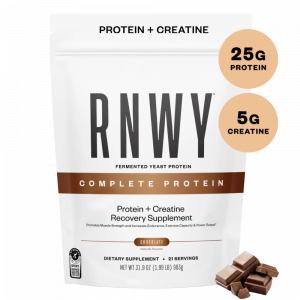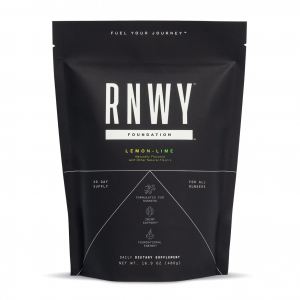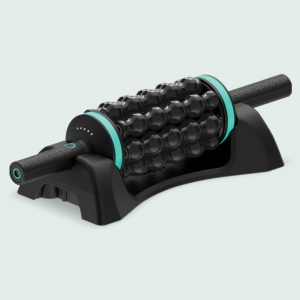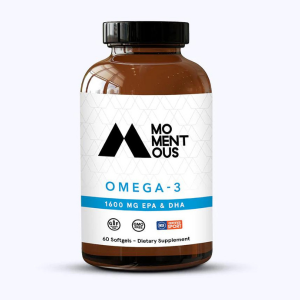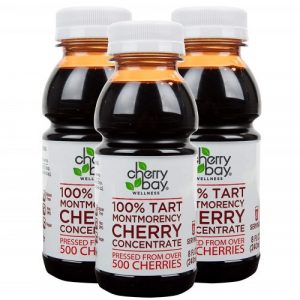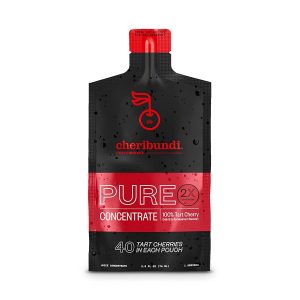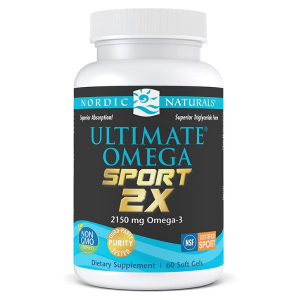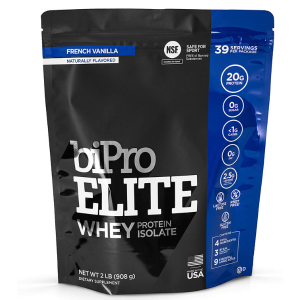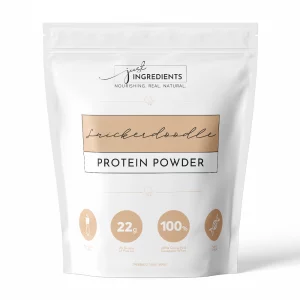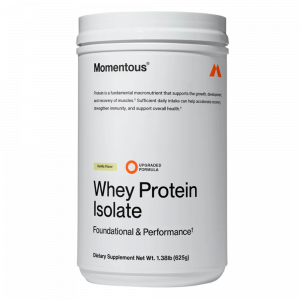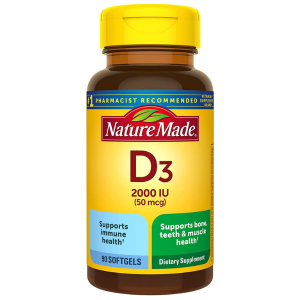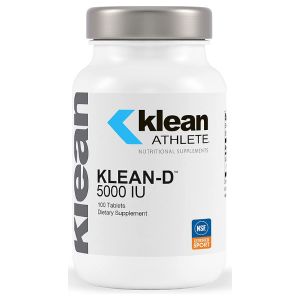Recovery Series Part II: Recovery Supplements for Runners
To nail your post-run and workout recovery, you need to first make sure you’re getting enough carbs to replenish glycogen and adequate protein to help your muscles repair, which was what parts one and two of this series were about. But, there may be times when you need something extra, that you either can’t get from your diet or that is hard to obtain from food because of your schedule. Let’s zoom in on several supplements that can help you recover better from your runs and workouts.
Are there any recovery supplements that I should take daily?
One supplement that you may need daily is protein. Yes, you can get enough from food in your diet, particularly if you eat a lot of eggs, meat, fish, and dairy. However, many people find that due to time restraints and convenience, protein supplements help to hit that recovery window right after training. Personally, I prefer a whey product like Momentous Essential Protein (click here to get 15% off). It tastes great, mixes easily, is grass-fed, and contains enzymes that help ensure you’ll digest it without any tummy troubles. Momentous also offers a non-dairy option for those with an allergy, sensitivity, or dairy-free diet.
The key to choosing a protein supplement is to find one that’s tasty and make sure it’s a complete source, which means that it contains all nine essential amino acids, including an adequate amount of leucine. This doesn’t include collagen, which is an incomplete protein that doesn’t contain enough of certain aminos to trigger muscle protein synthesis. (We’ll suggest a better way to utilize collagen in the next part of this series.) The timing and amount of protein is just as important as selecting the right source. A research review recommended 20 to 40 grams within an hour of finishing training.
Another supplement you might need every day is Vitamin D. “But I always run outside!” you might say. That’s great, and sometimes during the spring, summer, and fall, you may getting all the vitamin D you need from the sun. But, during winter in the Northern Hemisphere, you’re probably not. Inadequate Vitamin D can compromise bone health, immunity, and muscle repair, which can be detrimental to runners. It is suggested to take 2,000 IUs a day, for maintenance. This dose is not adequate if you have a deficiency, so it’s a good idea for runners to check Vitamin D levels at least annually, and more frequently if a deficiency is detected, and supplement accordingly.
What recovery supplements might I need occasionally?
There are some supplements that you’ll benefit most from occasionally to help with recovery during peek training weeks. One example is tart cherry (TC) extract, which is a potent source of antioxidants that can minimize the damage done by exercise-related oxidative stress. A meta-analysis found that taking a tart cherry supplement reduced muscle soreness and led to a greater recovery in muscle strength and power. Other research has also noted the beneficial impact tart cherry has on sleep duration and quality. This makes tart cherry an ideal evening supplement, and you could take another dose during the day to recover quicker from hard training or racing.
A second situational supplement is omega-3s. A review published in Nutrients noted that EPA and DHA can help you delay muscle soreness, minimize inflammation, speed recovery, and even boost your immunity. You can get these fatty acids from fish like salmon, tuna, and mackerel, and plant sources such as walnuts, chia and flax seeds. But many people’s diets don’t have enough of these to take advantage of the anti-inflammatory benefits you might need when dialing up training volume and intensity, which is where a supplement is useful.
Look for a product that’s marine-sourced, contains 2,000 mg or more of EPA and DHA. As with tart cherry, wait a few hours after training to take omega-3s, as you don’t want to blunt the acute inflammation response that prompts repair and recovery.
How do I choose a high quality supplement?
There are over 85,000 supplements on the market, and they vary wildly in purity, quality, and efficacy. To ensure you’re getting a supplement that helps instead of harms and is worth the investment, look for products that have been tested by Informed Sport, NSF Certified for Sport®,or USP. These rigorous processes ensure that supplements are free from contaminants and banned substances, live up to what’s on their labels, and are produced in a responsible way. They remove the guesswork from your supplement shopping and give you peace of mind that what you’re taking is safe and effective.
It’s important to remember that supplementation should never be a substitute for nutrition. So make sure you’re getting enough post-run carbs & protein and taking in enough energy throughout the day first. Then turn your attention to supplements we just discussed to support recovery and overall wellbeing.
Check back next week for part 4 in this series: nutrition for injury recovery.
Need help to nail your recovery nutrition? Check out our Recovery page w/ Recovery Calculator, 1-on-1 and group coaching options.
1.Alan Aragon and Brad Schoenfeld “Nutrient Timing Revisited: Is There a Post-Exercise Anabolic Window?” Journal of the International Society of Sports Nutrition, January 2013, available online at https://www.ncbi.nlm.nih.gov/pmc/articles/PMC3577439. 2.Jessica A Hill et al, “Tart Cherry Supplementation and Recovery From Strenuous Exercise: A Systematic Review and Meta-Analysis,” International Journal of Sport Nutrition and Exercise Metabolism, March 2021, available online at https://pubmed.ncbi.nlm.nih.gov/33440334. 3. Frank Thielecke and Andrew Blannin, “Omega-3 Fatty Acids for Sport Performance—Are They Equally Beneficial for Athletes and Amateurs? A Narrative Review,” Nutrients, December 2020, available online at https://www.ncbi.nlm.nih.gov/pmc/articles/PMC7760705.
Disclaimer: The content in our blog articles provides generalized nutrition guidance. The information above may not apply to everyone. For personalized recommendations, please reach out to your sports dietitian. Individuals who may chose to implement nutrition changes agree that Featherstone Nutrition is not responsible for any injury, damage or loss related to those changes or participation.


